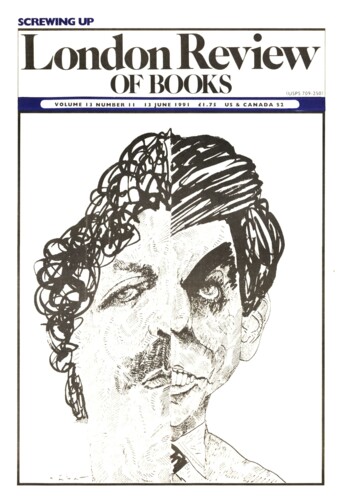Living within the truth
Onora O’Neill, 13 June 1991
In the twenty stagnant years between the Prague Spring and the Eastern European revolutions of 1989 there were two conduits for intellectual contact between intellectuals in Eastern and Western Europe. The official British channel, sustained both by the British Academy and by the British Council, carried a two-way flow of carefully scrutinised visits by academics and writers. For those visiting Eastwards the pace was genteel: lecturing that would have been done in a concentrated burst in the West, conferences that would have taken a weekend between working weeks, were prolonged. Conversations crawled. The visits were never without interest – they were glimpses into secluded worlds – but the interest wasn’t mainly intellectual. Visitors told themselves that the tedium would be worth it if they made contact with some people who were able to talk more freely, or if those people got a chance to visit Westwards. Since Westwards visits were a valuable perk, they were controlled by Directors of Institutes and Academies, and used to reward reliable stalwarts rather than to encourage free spirits. ‘Foreign collaboration’ was part of an institute’s plan and system of control, with the result that return vists, even when run on Western lines, were guaranteed their share of tedium. In the last eighteen months some of those frustrated free spirits have been making up for lost time, and also reproaching Westerners for maintaining and using official channels in the past, and so conniving with a system that rewarded intellectual stagnation with travel opportunities.’





